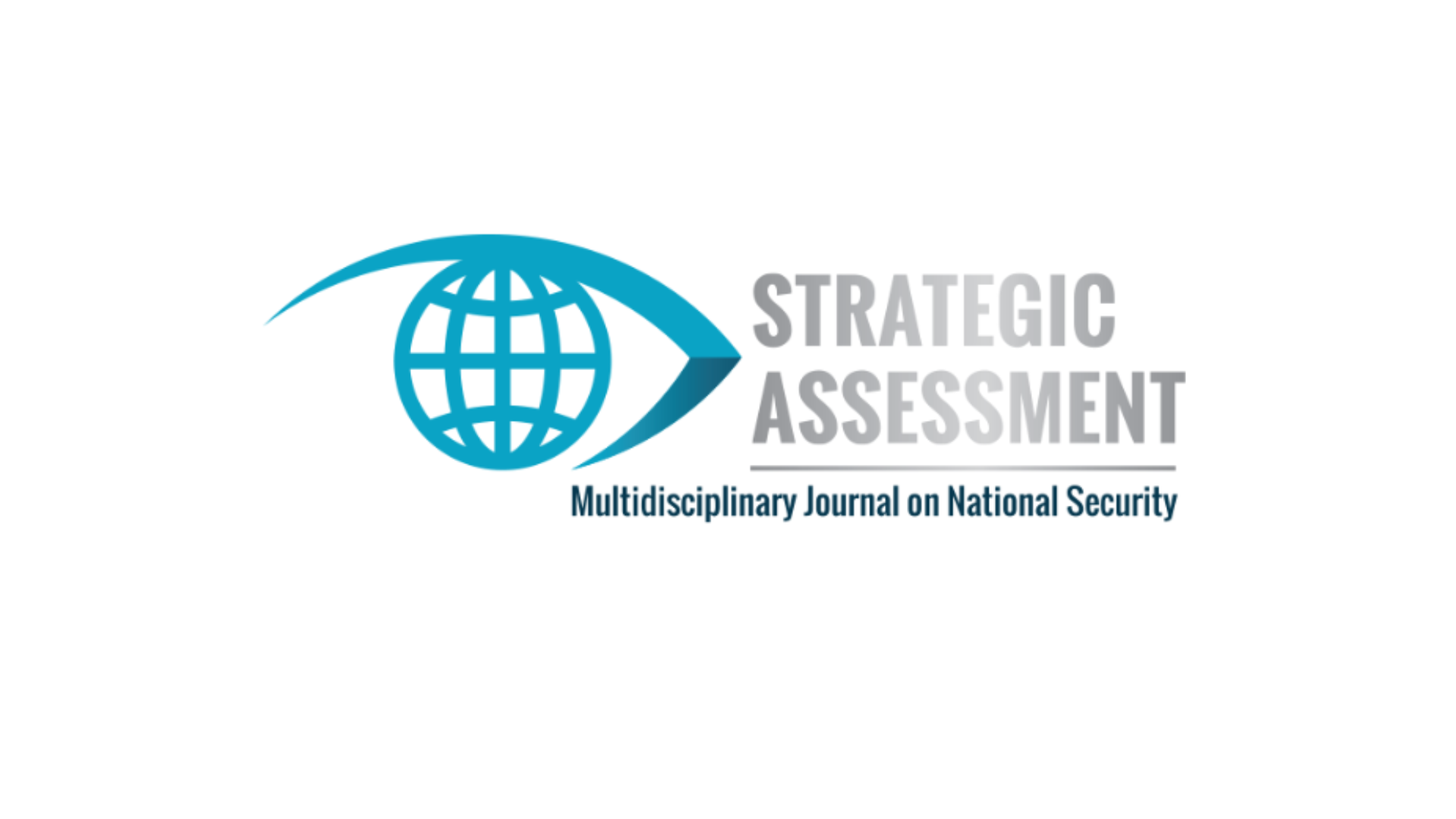Strategic Assessment

Over the past 20 years, efforts have been made to change the rules and procedures in order to strengthen the process of reviewing the Nuclear Non-Proliferation Treaty. However, these efforts have not contributed significantly to promotion of the treaty’s goals or a strengthened nonproliferation regime. Reforms implemented in the attempt to bypass what are primarily political and technical obstacles only partially facilitate a review process that is sustainable, effective, and more responsive to developments because they do not bridge the gaps between the nuclear states and the other treaty members. Thus despite the reforms, the perpetuation of the treaty’s underlying inequality leaves unchanged the political, legal-normative, and economic challenges that prevent its reinforcement, thereby undermining the stability of the entire regime.


